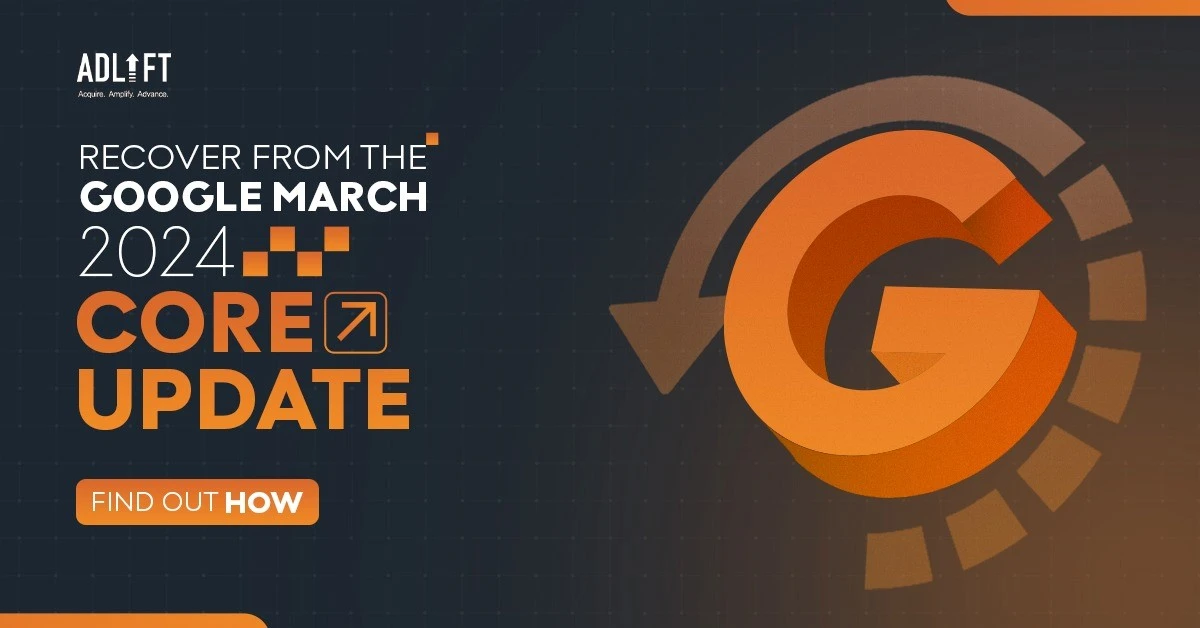Recover from the Google March 2024 Core Update: Find out how

Introduction
Have you noticed a sudden drop in website traffic or search rankings? You’re not alone. Google’s March 2024 core update, one of their most significant in recent years, has shaken up the search landscape. This update targeted low-quality content, potentially leaving websites that relied on thin or uninformative content gasping for air. But fear not! Recovering from this update is possible, but it requires swift action and strategic adjustments. Treat this blog as your guide, outline actionable steps to identify what went wrong, and get your website back on track. Let’s reclaim those rankings!
